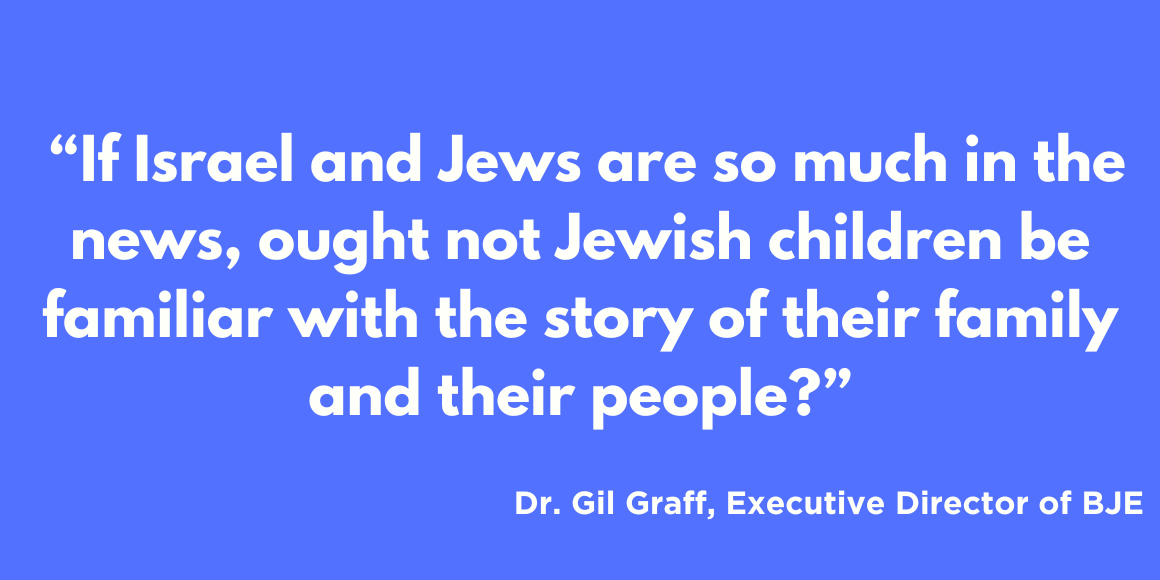
Do Your Children Know Their Family Story?
Shortly before Sukkot, a friend brought to my attention a book titled Stars of David. Published in 2005, the book consists of write-ups of interviews of 62 prominent individuals, each of whom was (several have passed away)/is Jewish. The people profiled by the author, Abigail Pogrebin, were/are accomplished professionals in the arts, politics, business, sports, literature, entertainment, and other, far-ranging pursuits. Interviews focused on these individuals’ connection to Judaism/Jewishness.
As I read the engaging, well written profiles, I was, at times, saddened. Though the interviewees strongly identified as Jews and carried nostalgic Jewish memories, in many cases it did not seem that their children and grandchildren were likely to develop and hold powerful such memories of their own. As one prominent personality expressed it: “What I want to maintain are the memories of my grandmother and all the gorgeous little fresh-to-this country Jews. But you see it’s only my memory; my kids don’t have those memories. And, you can’t pass those on. They are with me. My memories of Friday nights with the spanking white tablecloth and the candles and so forth….”
Creating positive Jewish memories takes some doing; the spanking white tablecloth and surrounding accoutrements were part of an organic way of life never experienced by most of the children and grandchildren of those profiled. While “fresh-to-this country Jews” are fewer in number today than a century ago, opportunities for actively engaging in Jewish learning and living abound. Children’s Jewish educational experiences add a rich dimension to their lives.
In a book titled A Letter in the Scroll, Jonathan Sacks invites us to imagine ourselves as browsers in a library:
Imagine that, while browsing in the library, you come across one book unlike the rest, which catches your eye because on its spine is written the name of your family. Intrigued you open it and see many pages written by different hands in many languages. You start reading it, and gradually you begin to understand what it is. It is the story each generation of your ancestors has told for the sake of the next, so that everyone born into this family can learn where they came from, what happened to them, what they lived for and why. As you turn the pages, you reach the last, which carries no entry but a heading. It bears your name…. Were I to find myself holding such a book in my hands, my life would already have been changed. Seeing my name and the story of my forebears, I could not read it as if it were just one story among others; instead, reading it would inevitably become, for me, a form of self-discovery.
Once I knew that it existed, I could not put the book back on the shelf and forget it, because I would now know that I am part of a long line of people who traveled toward a certain destination and whose journey remains unfinished, dependent on me to take it further.
We surely owe it to our children to introduce them to the texts and experiences that connect them to the Jewish story, past and present, and enable them to author next chapters of a continuing, vibrant and personally meaningful Jewish narrative.
Just as I finished reading Stars of David, the murderous attacks of October 7 were launched. My reflections on the book were overtaken by the compelling urgency of relating to the devastation in Israel and its implications. I could not, however, help but think that this tragic turn of events underscores the importance of Jewish education. If Israel and Jews are so much in the news, ought not Jewish children be familiar with the story of their family and their people? Surely news broadcasts, newspapers, social media posts, campus clubs and the like ought not be the primary vehicles through which Jewish children learn about Jews and Judaism.
Many parents are now thinking about their child(ren)’s education in 2024-2025. That’s why BJE’s JKidLA is, November 2, holding a Zoom program about choosing a pre-school, and that’s why many Jewish day schools are currently holding open houses for Fall 2024 enrollment. Our children deserve access to Jewish education and experiences so that they can build their own Jewish memories and develop the tools to contribute, as proud and knowledgeable Jews -- drawing upon the wisdom of their heritage -- to the communities of which they are a part.
For information about Jewish schools, camps, youth groups and other educational opportunities from early childhood through high school, to register for the November 2 “Time for Preschool” (for parents) program, and to find a list of (school) open houses, see www.jkidla.com
